In this lively discussion, professor Paul Sabin reviews the last half-century of America’s environmental debate and the partisan politics surrounding it. His lens is a famous bet between biologist Paul Ehrlich and economist Julian Simon, both major figures in the environmental discussion. Ehrlich, who helped shape its early phase, is especially prominent, but each man came to represent a different political position in the debate. Sabin covers the ground dramatically, demonstrating the importance of context and rhetoric in any major public debate. If the book has a weakness, it’s that Sabin’s focus can seem, like the bet itself, to devolve to a great-man model of history. getAbstract recommends this unusual exploration to those interested in environmentalism, politics, free market ideology, US history and, of course, the future of the planet.
The Crisis and the Conflict
In the 1960s, overpopulation instilled fear in people’s hearts. Stanford biology professor Paul Ehrlich shaped this concern with his 1968 bestseller The Population Bomb. He argued that millions were “going to starve to death.” Ehrlich was an articulate spokesperson for mass devastation. His many public appearances, including a visit to The Tonight Show in 1970, helped catalyze the emerging environmental movement.
Many found Ehrlich’s warnings compelling; others were not convinced. Economist Julian Simon regarded Ehrlich’s claims as overblown fear mongering. Simon felt Ehrlich misunderstood the way that economic adaptation and technological advances solve problems, including many of the issues Ehrlich cited in his dire warnings. Simon offered informed alternatives to Ehrlich’s prophecies. The two experts symbolized the “two poles” of the 1970s debate over the environment and humanity’s future. These clashing views played out in the politics of that period, enjoyed a high media profile and continue to shape public debate today.
Paul Ehrlich
Even as a teenager, Paul Ehrlich demonstrated self-assertion, an interest...
Paul Sabin, associate professor of history at Yale University, is founding director of the Environmental Leadership Program. He also wrote Crude Politics: The California Oil Market, 1900-1940.










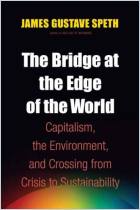
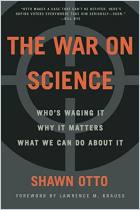
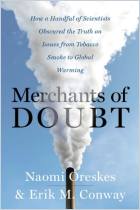
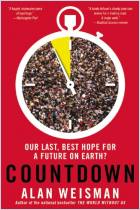
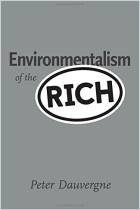
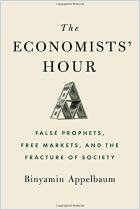




Comment on this summary